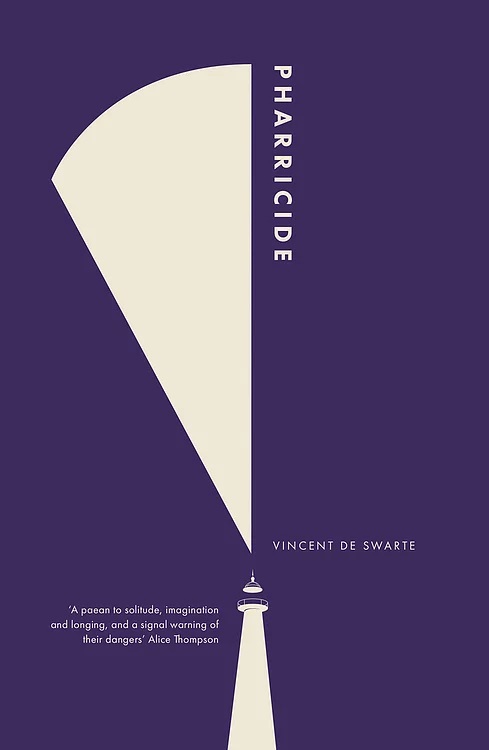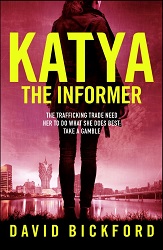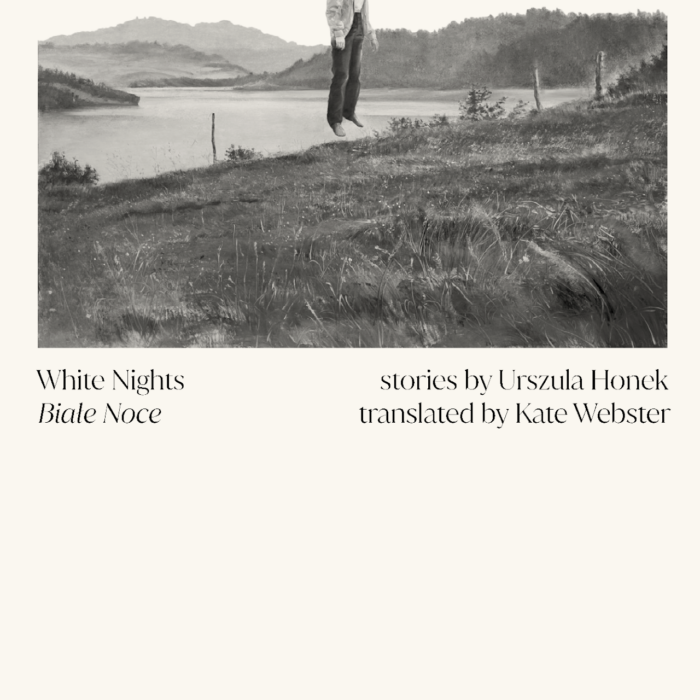You have no items in your cart. Want to get some nice things?
Go shopping
Pharricide has taken me ages to review, partly because I couldn’t stop reading to make notes. That’s how good it is. I didn’t want to stop and question or think about the story as I read. I wanted to linger in the protagonist’s lighthouse, watching him, being him and seeing the world through his eyes. I read it once and had to reread it, but I didn’t read the blurb.
(I never read book blurbs until I’ve finished reading a book. They give too much away. I have to make sure I don’t leave a book upside down anywhere. I don’t want catch a few words of blurb inadvertently as I’m getting into bed.)
So here’s my recommendation: don’t read the blurb and stop reading this review now. Take it on trust. If you love cleverly constructed mind-bending literature, you’ll appreciate Pharricide. Buy it. Or pick it up at the library.
Or you can carry on reading the review. Up to you. But don’t say I didn’t warn you.
Geoffroy Lafayen is a lighthouse keeper. At first, he seems sympathetic, even warm. We learn he was bullied as a child, a bit of an outcast. There are hints of a tragic past. While he says he’s “not particularly sociable,” he confesses to being kind – “I feel it warming me from inside, this kindness” – and describes himself as “a big soft doggie”.
You’d have to be a monster not to feel some affection for a big soft doggie, wouldn’t you?
His past emerges in his random thoughts and memories throughout this first-person narrative, and with it his tormented and complex character. Details are drip-fed in throwaway phrases, bracketed in explanatory asides: “(who looked after me after my mother was sectioned)”. This understatement and lack of drama make the narrative all the more haunting.
But even Geoffroy’s fondest memories, like eating crayfish with his mother as a child, are tainted. And slowly the threads of the story are woven together and the terrible truth is unlayered, so that the reader faces a reckoning.
Pharricide is Geoffroy Lafayen’s diary, so as he shares his story, he assumes the reader sees the world the way he sees it. I’d like to call him an “unreliable narrator”, but then again, he’s far more honest than many fictional narrators. He’d pass any lie-detector test. This story is his truth and while you might not want to find yourself alone in a lighthouse with him, he is strangely likeable.
His steady uncluttered description of what happens means that when Geoffroy behaves badly, it’s all the more shocking.
(I won’t go into detail here on how badly Geoffroy behaves, let’s just call it “badly”. I feel uneasy about giving that much away, but then again, I did warn you not to read the review.)
Geoffroy is not responsible for what he does. He has no control. “It was as if I had been taken over by my actions,” he tells us. And later, “The great mass of the lighthouse wrapped me in its blackness.”
There’s a deliberate blurring of the lines between creativity and destruction, the artist and the psychopath, life and death, that makes Pharricide much more than a crime novel.
Nicholas Royle’s translation is vivid and raw, and it’s wonderful that he’s brought this exquisite novel to an English-speaking audience.
When it was first published in France in 1998, it was awarded the Prix Charles Brisset by the Association Francaise de Psychiatrie – testament to the authenticity of Geoffroy’s state of mind.
There are layers of significance to explore, not least the symbolism of the “lighthouse”. This edition includes an interesting afterward by Alison Moore, which examines that. And there are many questions to ask about recurring themes in the book: Egypt, for example, or eyes, or two Geoffroys, two Rogers. What’s that about? But I don’t want to give away too much. I’ve already said enough.
Pharricide is out now from Cōnfingō Publishing.

About Juno Baker
Juno Baker is a freelance writer, and editor of the University of Cambridge's Leading Change website. She has written articles for the Guardian and once interviewed Dolly Parton. Her fiction has been placed in several competitions – including Winchester Writers Festival, Pindrop, Short Fiction and Rubery – and was recently shortlisted for the VS Pritchett Short Story Prize. Her stories have also appeared in numerous magazines and anthologies, most recently, Mslexia, Unthology and Litro.
- Web |
- More Posts(13)




